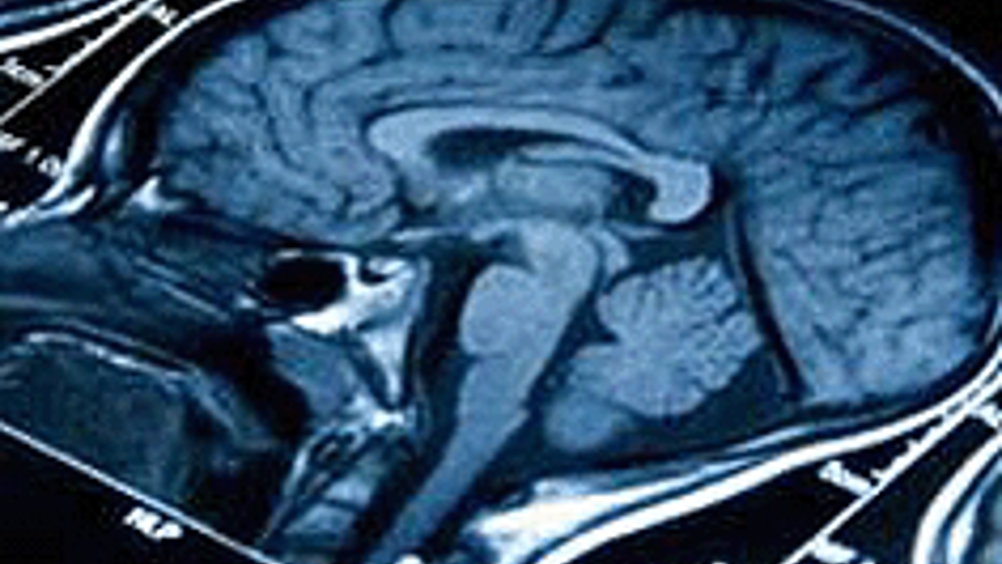Neurochips monitor cells at unprecedented resolution
Scientists from the University of Calgary’s Faculty of Medicine have been involved in the development of technology that monitors brain-cell activity at a resolution never achieved before.

Developed with the National Research Council Canada (NRC), the silicon neurochips will help future understanding of how brain cells work under normal conditions and permit drug discoveries for neurodegenerative diseases, including Alzheimer’s and Parkinson’s.
Previously, scientists from the Faculty of Medicine proved it is possible to cultivate a network of brain cells that reconnect on a silicon chip.
The neurochip technology from the laboratory of Dr Naweed Syed, in collaboration with the NRC, is published online in the journal Biomedical Microdevices.
‘This technical breakthrough means we can track subtle changes in brain activity at the level of ion channels and synaptic potentials, which are also the most suitable target sites for drug development in neurodegenerative diseases and neuropsychological disorders,’ said Syed.
Previously it took years of training to learn how to record ion-channel activity from brain cells and it was only possible to monitor one or two cells simultaneously.
Now, larger networks of cells can be placed on a chip and observed in minute detail, allowing the analysis of several brain cells networking and performing automatic, large-scale drug screening for various brain dysfunctions.
Register now to continue reading
Thanks for visiting The Engineer. You’ve now reached your monthly limit of news stories. Register for free to unlock unlimited access to all of our news coverage, as well as premium content including opinion, in-depth features and special reports.
Benefits of registering
-
In-depth insights and coverage of key emerging trends
-
Unrestricted access to special reports throughout the year
-
Daily technology news delivered straight to your inbox










Pipebots Transforming Water Pipe Leak Detection and Repair
Fantastic application.